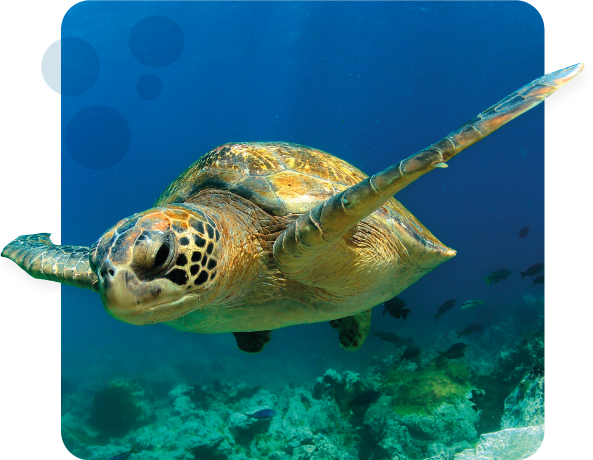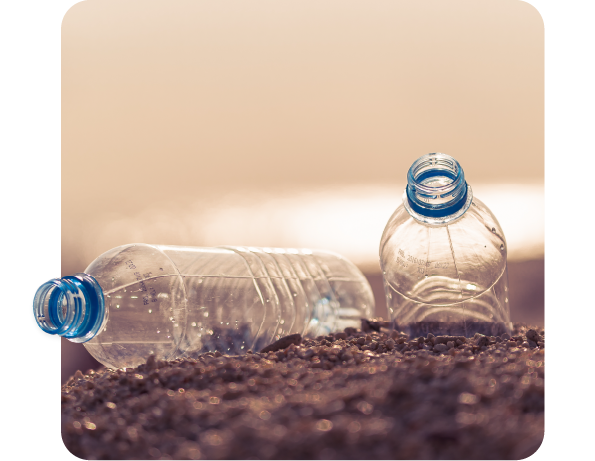Marine litter is a rising global issue that affects all of the world’s seas and oceans. It causes serious environmental, economic, and health problems due to poor solid waste management practices, a lack of infrastructure, careless human activities and behaviours, and a public lack of knowledge of the possible implications of their actions.
Its prevention requires common and coordinated efforts at all society levels (decision makers, economic sector, common citizens) promoting strong public engagement and behavioural change. Several Interreg programmes, including Italy-Croatia, Italy-Albania-Montenegro, Interreg Central Baltic, Italy-France Maritime, and Interreg South Baltic, are actively working to improve environmental sustainability by addressing the problem of marine litter in collaboration with the next generation of EU programmes. Marine litter pollution does not stop at borders or member states. Shared approaches to litter management are needed.


The main sources of marine litter are
Land-based
land-fills and littering of beaches and coastal areas (tourism), rivers and floodwaters, industrial emissions, discharge from storm water drains, untreated municipal sewerage.
Sea-based
fishing and aquaculture, illegal or accidental dumping at sea from shipping (e.g. transport, tourism), offshore mining and extraction.

Most litter comes from land and is made up of disposable plastic items (our toothbrush, plastic packaging we use, our smartphones, etc). These plastics cannot be recycled and, if discarded, will eventually make their way to the oceans via drainage systems, rivers, estuaries, and ultimately the sea.
Marine litter abundance has been found to be very high in large areas of Europe. It poses a threat not only to marine species and ecosystems but also carries a risk to human health and has significant implications to human welfare, impacting negatively vital economic sectors such as tourism, fisheries, aquaculture or energy supply and bringing economic losses to individuals, enterprises and communities. A joint and strong action in Europe and with the neighbours in shared marine basins is required.

The plastic problem in numbers
150
Million tonnes
of plastics have accumulated in the world’s oceans.
How the EU is addressing the problem
The Marine Strategy Framework Directive (MSFD) requires EU Member States to ensure that “properties and quantities of marine litter do not cause harm to the coastal and marine environment”.
Strategy for Plastics, adopted by the Commission in 2018 is tackling pollution of the seas from plastics and microplastics as one of the three major areas; most of the proposed Actions are directly or indirectly related to marine litter, including its international dimension.
Flagship initiatives against litter pollution of the oceans, flowing from the Strategy are:
as well as other initiatives such as:
How have involved programmes addressed Marine litter?
The 5 programmes involved have made marine waste a priority goal of their 2014-2020 funding initiatives